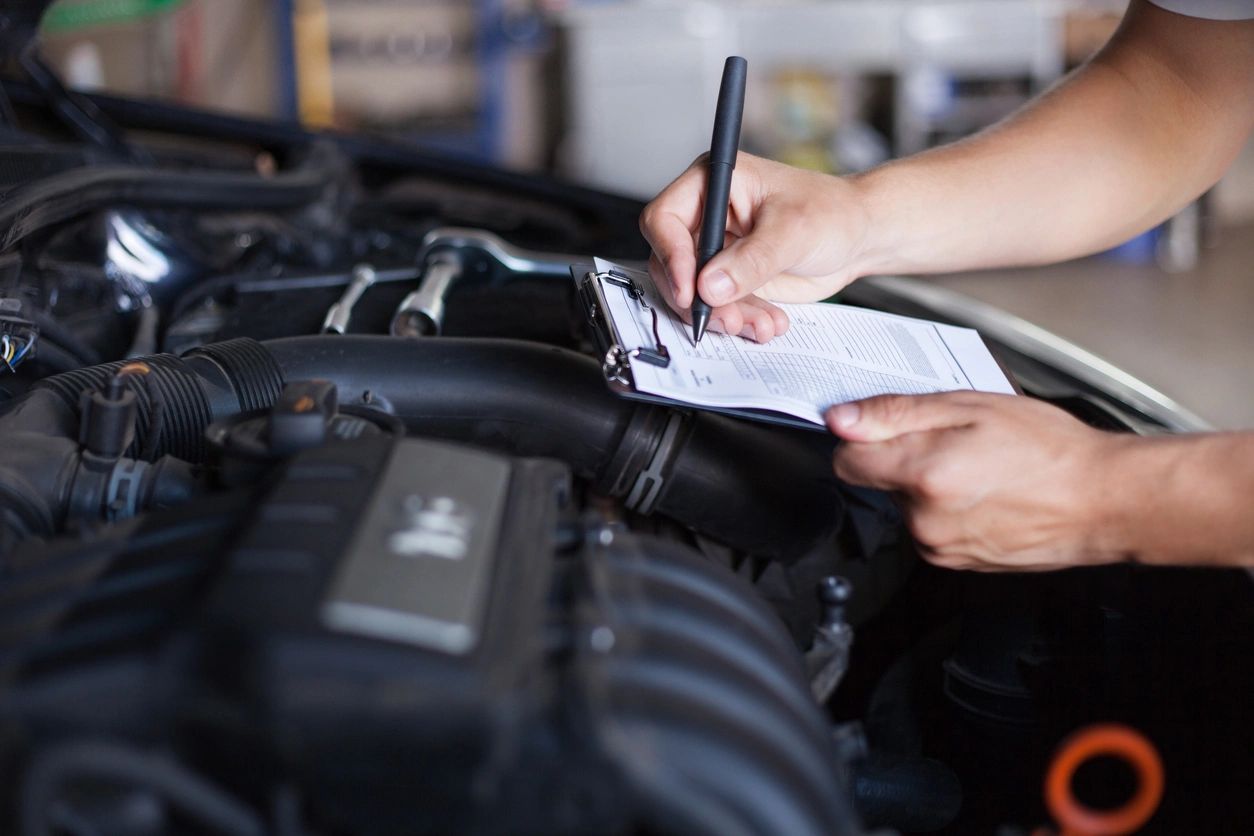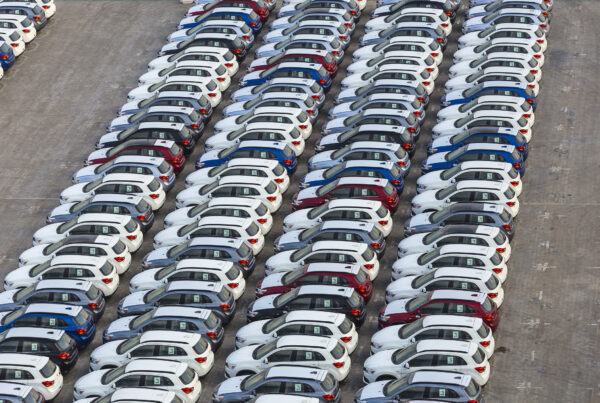Indonesia’s car manufacturing sector is struggling to gain momentum. Recent reports from the Association of Indonesia Automotive Industries (GAIKINDO) showed that the country’s production rate for September is at 49.2 per cent, a slight increase for August’s 48.9 per cent.
GAIKINDO’s data also revealed that Indonesia’s Purchasing Manager’s Index (PMI) is still below 50 percent.
According to GAIKINDO Chairman I Jongkie Sugiarto, three factors significantly affected Indonesia’s PMI decay, namely; “people’s purchasing power, […] the weakening of the [Indonesian] Rupiah exchange rate, and the high-interest rate climate.”
PRODUCTION STATISTICS
Compared to GAIKINDO’s reported car production numbers from 2023, 2024 sees Indonesia experiencing a staggering 14.6%. The period of January – August 2023 produced 950,448 units, with August 2023 comprising 125,648 units of the total 8-month period. These numbers significantly declined in 2024, with the January – August 2024 period seeing only 779,235 units made. August 2024 comprised only 76,304 units of the overall manufacturing figure. This is nearly an 18% decrease in the span of a year.
SALES STATISTICS
Production and sales figures go hand-in-hand, as Indonesia’s manufacturing stall heavily affects its units sold. Similar results appear in the figure for vehicle wholesales, a whopping 17.1% difference from January – August 2023’s sale of 675,859 units to January – August 2024’s 560,619 units. Though the report from 2023 presents better results, Indonesia’s 2023 car sales barely reached its target of 1.05 million units sold—falling short of only 1.0 million units in that year.
Japanese OEMs, on the other hand, reign supreme in the Indonesian market. Toyota, Daihatsu, Honda, and Mitsubishi rank in the top 5 of Indonesia’s car sales for August 2024, with Toyota in almost 50% lead from the second placer, Daihatsu, with 25,989 units sold. Daihatsu follows with 13,829 units, Honda with 7,556 units, Mitsubishi with 6,254 units, and Suzuki with 5,265 units sold.
Nearly all automotive brands experienced a decrease in their Year-over-Year (YOY) reports. Toyota comprises 34.1% of the Indonesia car market share for August 2024 though its sales are down by 13.8% compared to its share in August 2023.
Korean and EV OEMs struggle behind Japanese OEMs’ strong lead. Kia faces the biggest YOY loss with a –68.6% decline and Hyundai slows by –45.4%; while Volvo, BYD, Ford, Citroen, Nerta, and BAIC Motor’s sales remained unchanged. OEMs from China see significant improvements in YOY sales. FAW and Chery have increased sales by 93.9% and 80.1% respectively. The UK’s MG reported the largest rise by 215% with 504 units sold.
CALL FOR PPnBM DTP
GAIKINDO is looking to the Indonesian government to restart PPnBM DTP, a ‘Luxury Goods Sales Tax’ imposed on passenger vehicles in a post-COVID effort to improve the Indonesian automotive industry’s revenue. Sugiarto reasoned that PPnBM DTP’s success in 2021 can be replicated to solve Indonesia’s stagnant vehicle production and sales figures, thus, GAIKINDO is optimistic towards Indonesia’s vehicle sales for the near future.
Indonesia’s automotive industry continues to face difficulties, with both production and sales declining. Factors such as reduced consumer purchasing power, a weaker Rupiah, and higher interest rates have slowed growth. Although Japanese automakers maintain a strong position in the market, most brands have experienced year-over-year drops in sales. Even with some gains from Chinese and UK manufacturers, the market remains slow. The industry is optimistic that government measures like reinstating the PPnBM DTP tax incentive could help revive the industry and boost future performance.
Was this article helpful? Leave us a like!













